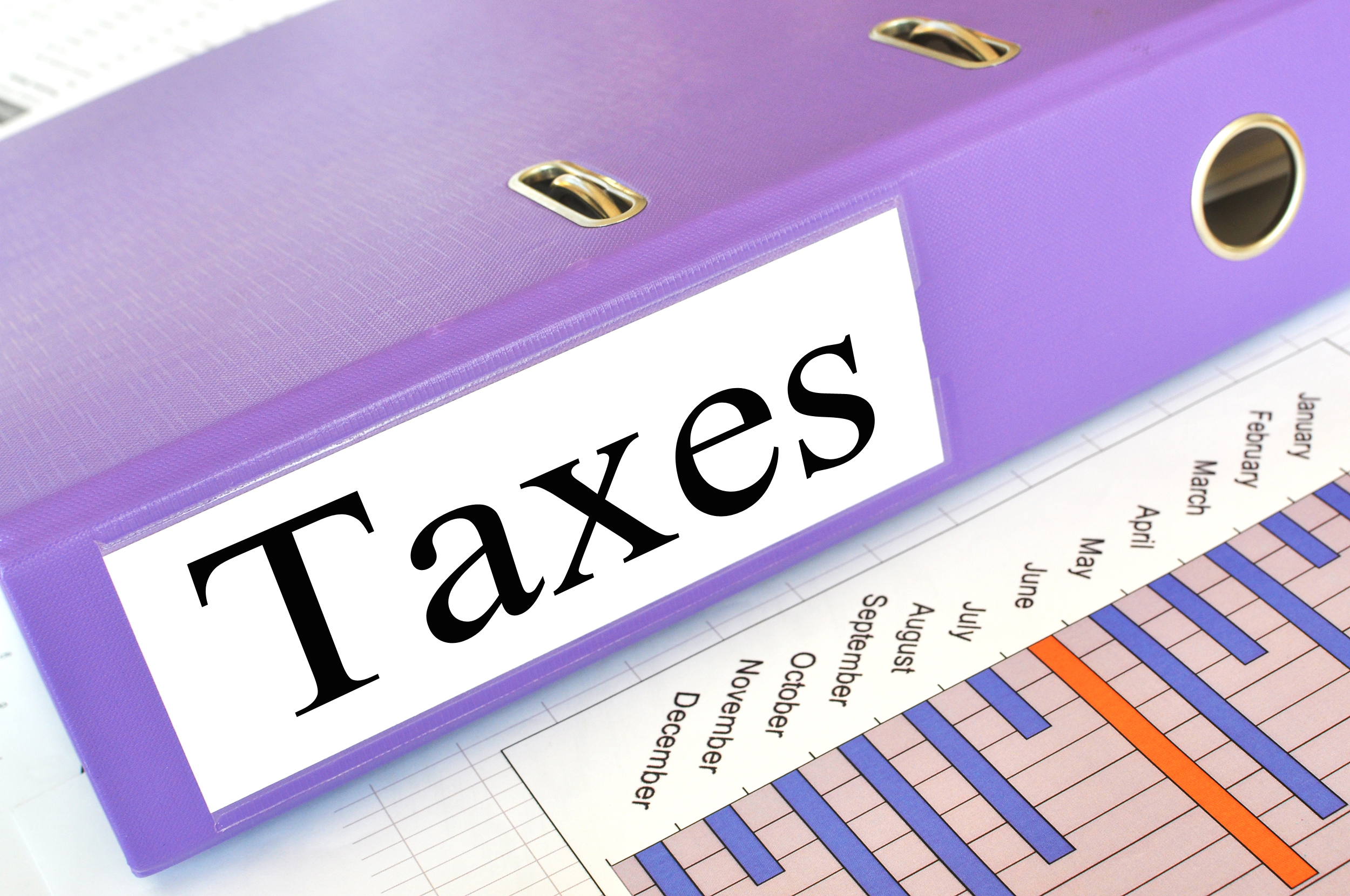Household Bills
Tax burden in IR35 non-compliance ‘likely to fall on employers’

An investigation into how IR35 reforms were implemented and extended across different sectors suggests that HMRC faces “new risks”, and cases of non-compliance are “likely to fall on employers”.
As part of the National Audit Office (NAO) investigation, it examined how the 2017 reforms to tax rules for off-payroll working in the public sector was implemented, and what lessons were learned when the new IR35 tax scheme was extended to the private and third sector last year.
These tax rules – IR35 – apply to workers/freelancers/contractors who provide their services through their own limited company or another type of intermediary to a client, but who would otherwise be an ‘employee’ if the intermediary was not used.
As part of the Finance Act 2000, HMRC’s objective was to prevent tax avoidance by these ‘disguised employees’.
Before 2017, the tax burden fell on the intermediary. It then fell to public bodies to increase compliance as HMRC estimated that just 10% of intermediaries applied the IR35 rules correctly, costing the exchequer £440m in lost revenue in 2016/17.
The NAO investigation stated: “Rolling out the IR35 reforms to the public sector first has meant an opportunity for HMRC to learn lessons and adapt its approach. The 2017 reforms have achieved their primary purpose of reducing non-compliance and therefore increasing tax revenue.
“However, the public sector faced challenges with the initial roll-out: public bodies had little time to prepare; some found it difficult to use the original guidance and tool that HMRC had provided; and there was a limited understanding on all sides of how much time and resource were needed to get it right. As a result, it was highly likely that some public bodies would make mistakes.”
NAO noted that within the first two years, at least 50,000 people were added to the payroll systems, and the net increase in tax revenue was £250m.
But in the 2020/21 financial statements of government departments and agencies, it included a total of £263m paid, owed or expected to be owed in additional tax for failing to administer the reforms correctly.
The NAO report stated: “HMRC’s current approach to correcting cases of non-compliance results in it collecting more tax in total than is due, and it does not yet have a plan to address this.”
Tax disputes have also arisen, and the NAO noted that while workers can challenge their tax status with the organisation, “there is not a clear legal route to appeal further”.
‘HMRC faces new risks’
Turning to the extension of IR35, the NAO report concluded: “By changing its approach, both in the public sector and when extending the reforms to the private and third sectors, HMRC appears to have learned several key lessons and addressed some of the more significant difficulties, including enabling more support and time for the transition.
“Questions remain about the system for addressing incorrect determinations, with routes of appeal untested and tax burdens in cases of non-compliance likely to fall on employers. There are also differences between the public and private sectors that increase the inherent challenges. HMRC faces new risks that will make it harder to identify, monitor and address non-compliance, including larger and more complex labour markets in the private sector. HMRC will need to manage these risks if it is to ensure the reforms are successful.”
Gareth Davies, head of the NAO added: “The 2017 reforms to IR35 tax rules have achieved their primary purpose of reducing non-compliance. However, HMRC did not give public bodies sufficient time to prepare for the roll-out, and it was highly likely that mistakes would be made.
“While key lessons were applied during the wider roll-out in 2021, inherent differences in labour markets create new challenges that HMRC will need to manage for the reforms to be a success.”
‘Labour market friction amid the pandemic’
The Federation of Small Businesses (FSB) which represents 160,000 members, said: “The implementation of IR35 added further friction to the labour market. This came at a time when the economy was in the midst of the pandemic and furlough was still prevalent. Now the economy is recovering, and furlough has ended, the impact of this friction is becoming clearer.
“The process of complying with tax should be simple and non-burdensome. The more complex the process of compliance, the greater resource drain it is on small businesses. Small businesses do not have dedicated tax teams and so resources spent on compliance when the tax is opaque means resources diverted away from productive business activities.”